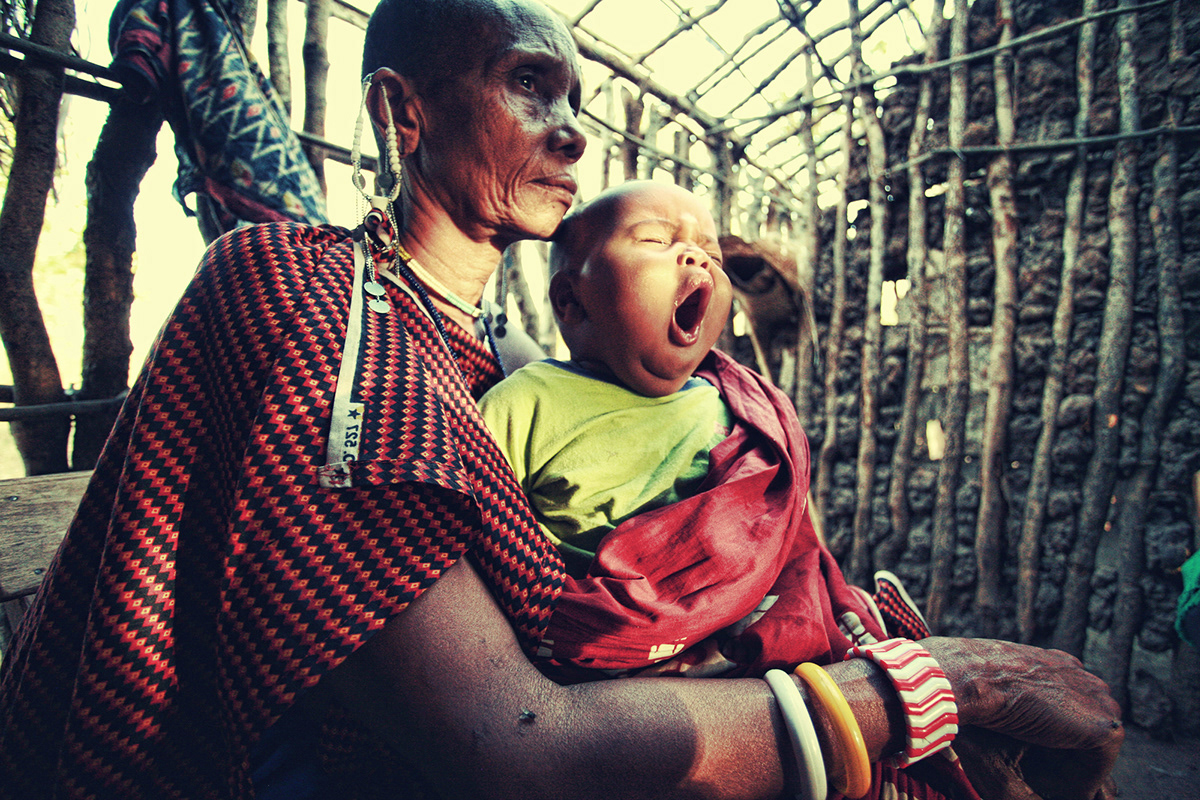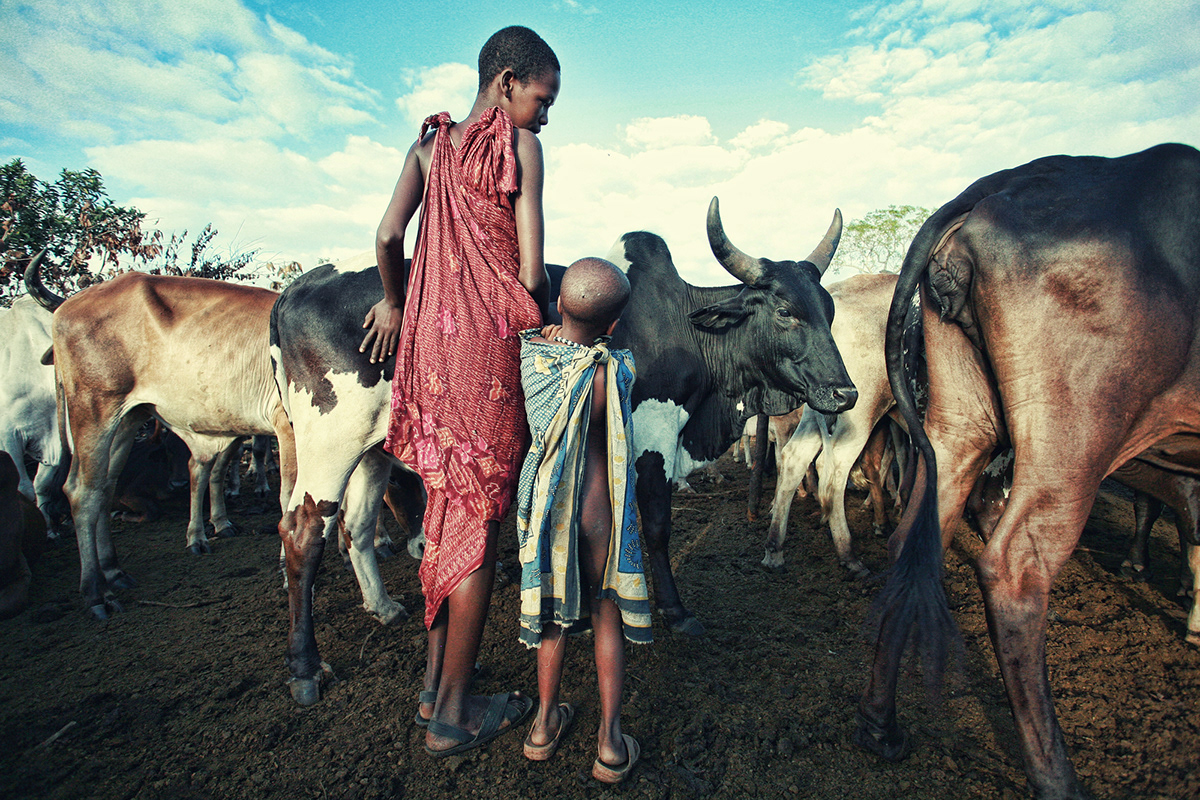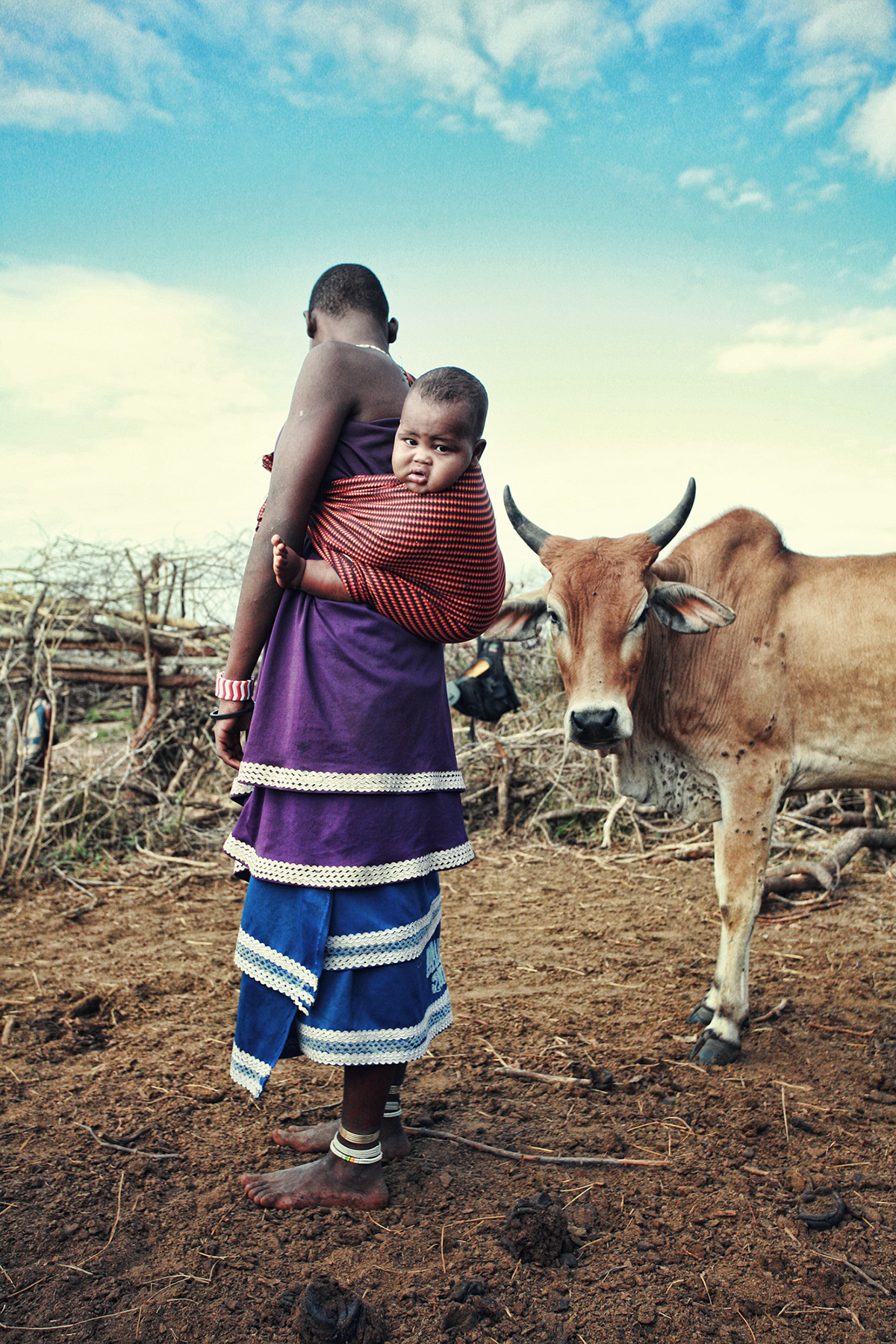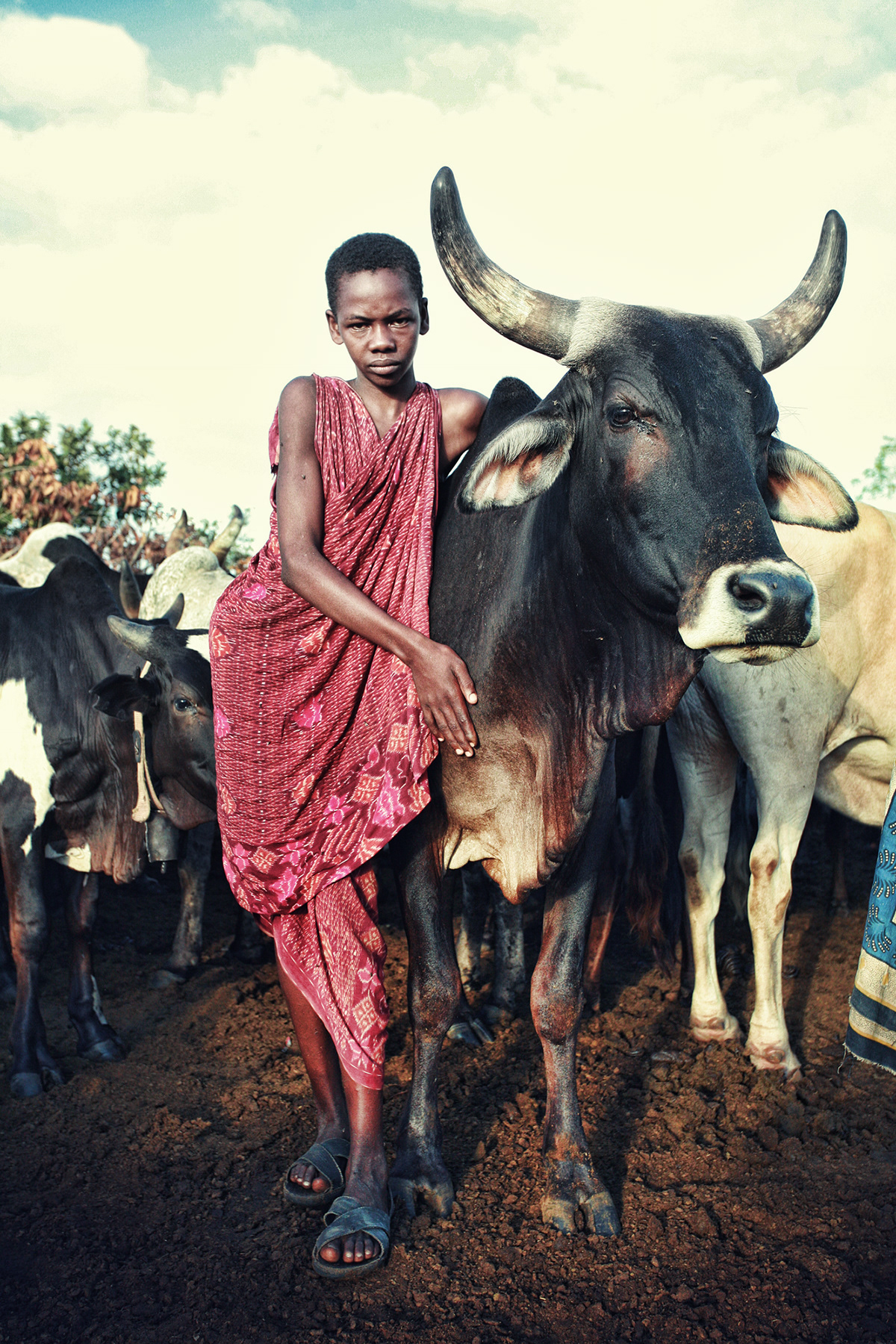living with the maasai.
insight into an archaic world.
insight into an archaic world.
The Maasai are an indigenous African ethnic group of semi-nomadic people located in Kenya and Tanzania. They originated in North-West Kenya and migrated south between the 17th and 18th century. Maasai's live in remote villages, having grazing rights in National Parks at their will. Tanzanian and Kenyan governments have instituted programs to encourage abandonment of their semi-nomadic lifestyle, however most Maasai have continued their age-old customs. The Maasai stood against slavery and lived alongside most wild animals with an aversion to eating game and birds. Outsiders looking for people to enslave avoided them. The Maasai speak Maa, and sometimes speak some Swahili also. The Maasai population has been estimated to be approximately 430,000 in Tanzania as of 1993.
Maasai society is patriarchal in nature with the eldest man running the household. Oral laws cover the codes of conducts and behaviours and any disruption is settled in payments of cattle and an oral apology. Maasai women are responsible for constructing their houses. A mix of mud, grass, sticks, ash, cow dung and human urine are used as a plaster to keep the foundation of the branch framework together. Cow dung ensures that the roof is water-proof. The house (enkaji), is usually quite small, measuring approximately 3x5 meters and standing only 1.5 meters tall. The enkaji is often enclosed by a circular fence built by the men of horned acacia trees. In this enclosure, cattle, goats and sheep are kept to keep safe from predators. Cooking, eating, sleeping, socializing and storing possessions occur inside the small enkaji. Traditionally, these houses were made tiny and impermanent because the Maasai were constantly on the move, grazing cattle. Now, Maasai tend to stay in the same spot. The Maasai are traditionally polygamous, having many children and wives. A woman marries not just her husband, but the entire age group are welcomed into her bed if he is a visiting guest. The woman however will ultimately decide if she will join the visitor. If a child results from a guest, the husband of the wife is responsible for the child as his own.
Maasai society is patriarchal in nature with the eldest man running the household. Oral laws cover the codes of conducts and behaviours and any disruption is settled in payments of cattle and an oral apology. Maasai women are responsible for constructing their houses. A mix of mud, grass, sticks, ash, cow dung and human urine are used as a plaster to keep the foundation of the branch framework together. Cow dung ensures that the roof is water-proof. The house (enkaji), is usually quite small, measuring approximately 3x5 meters and standing only 1.5 meters tall. The enkaji is often enclosed by a circular fence built by the men of horned acacia trees. In this enclosure, cattle, goats and sheep are kept to keep safe from predators. Cooking, eating, sleeping, socializing and storing possessions occur inside the small enkaji. Traditionally, these houses were made tiny and impermanent because the Maasai were constantly on the move, grazing cattle. Now, Maasai tend to stay in the same spot. The Maasai are traditionally polygamous, having many children and wives. A woman marries not just her husband, but the entire age group are welcomed into her bed if he is a visiting guest. The woman however will ultimately decide if she will join the visitor. If a child results from a guest, the husband of the wife is responsible for the child as his own.



















